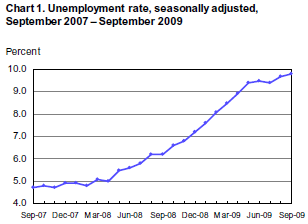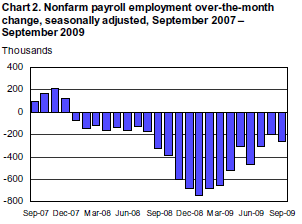(Editor: I’ll be speaking at the following event on June 4th. If you are in the area or blogging issues in this genre of ideas, let me know and drop by. Look up the other speakers and you’ll find an extraordinary group of visionaries preparing to make this PM Cluster Summit a truly enlightening event.)
Enterprise Prediction Markets Summit:
Leading Enterprise Prediction Markets
Friday, June 4 2010 8:00am – 5:00pm
EVENT LOCATION: The Boeing Company: Integrated Aircraft Systems Lab Building 2-122, Conference Room #102L2 (Conference Center) 7701-14th Avenue South Seattle, Washington 98108 USA
EVENT REGION: US –Pacific Northwest
EVENT PURPOSE: This summit is for executives, directors, mangers, users and practitioners having immediate needs to apply collective intelligence networks and enterprise prediction market mechanisms to advance business outcomes through mastery of collective wisdom.
EVENT SPEAKERS: Dennis P. O’Donoghue (Boeing), Sharon Chiarella (Amazon.com), Arik Johnson (Aurora WDC), Dan Robles (The Ingenesist Project), Dr. Richard O. Zerbe, Jr. (Evans School of Public Affairs), Christel Alvarez, ConsensusPoint, George Neumann, George Daly Research Professor of Economics, (Iowa), Olav Opedal (Microsoft, Internet Security)
EVENT COST: $99
EVENT WEBSITE: http://pmclusters.com/Prediction%20Markets/SEA10.htm
EVENT CONTACT NAME: Jennifer Hulett
EVENT CONTACT PHONE: 714-784-0754
CONTACT EMAIL: Jennifer.Hulett@pmclusters.com
MUST ONE RSVP: Yes! No on-site registration
ATTIRE: Business Casual
BUSINESS CARDS: YES – Bring Business Cards
EVENT NOTES: The conference sessions are focused, practical and conversational. They are for executives, directors, mangers, users and practitioners having immediate needs to apply collective intelligence networks and market mechanisms to advance business outcomes through mastery of collective wisdom.
ORGANIZATION NOTES: The Prediction Market Clusters, founded in 2004, are the global industry commons and open community for prediction markets and collective intelligence networks worldwide. The open, agnostic network is a focused collaboration of vendors, academia, traders, users, developers, markets, regulators and stakeholders. The goal is to provide awareness, diffusion, adoption and pull-through for enterprise and consumer prediction markets. The Prediction Markets Cluster is the worldwide Next Practices network for collective intelligence networks practices, tools and theories.
PM Clusters
Prediction Market Clusters
http://www.pmclusters.com


